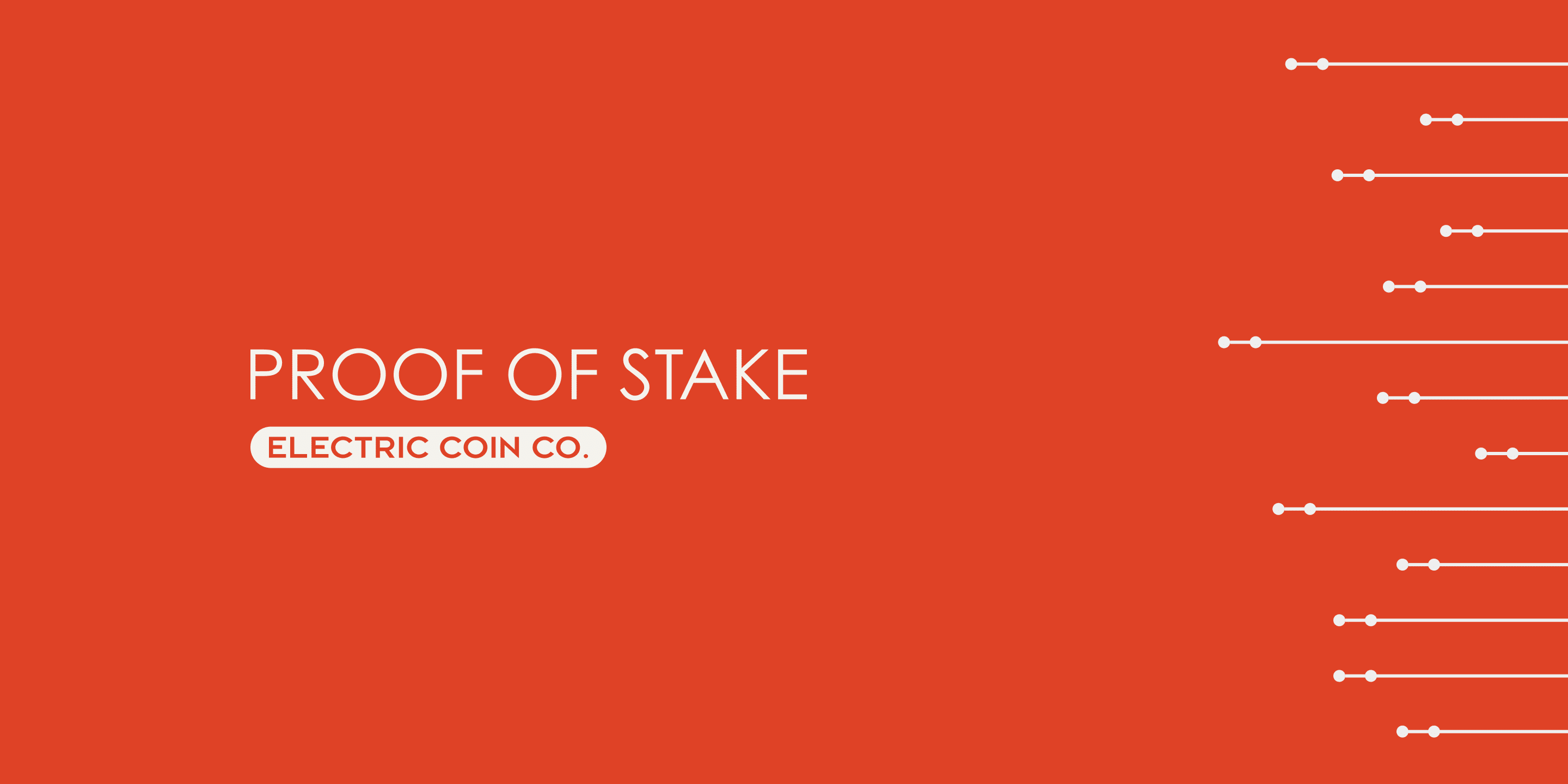In August, ECC shared its rationale for moving Zcash from a proof-of-work consensus mechanism to proof-of-stake. While most of ECC is focused on the upcoming deployment of Halo and the shielded-by-default ecosystem in the impending NU5 update, a few of us have begun the initial research phase with a goal of producing a concrete transition proposal to the Zcash community.
This update describes the major areas of research and open questions we are investigating. In a subsequent post, we’ll dive deeper into the ongoing technical research and our preferences.
Research areas
ECC’s proof-of-stake research focuses on key areas that directly impact the safety, scalability, and ease of use for ZEC users. The following is a list of areas we are currently reviewing and our preferences within each area.
Research areas:
- Shielded wallet UX & security
- Our focus is on maintaining existing shielded, mobile functionality.
- We aim to enable shielded, mobile users to easily delegate ZEC to earn staking rewards.
- Cross-chain interoperability
- We prefer protocols with finality over dynamic availability to enable safer interoperability across blockchains.
- Proof-of-stake security
- We prefer protocols with finality over dynamic availability because we believe the economic guarantees of the former present better trade-offs for users.
- We prefer minimal out-of-band costs to run block selection infrastructure to lower the cost for new validators to compete.
- Issuance rate
- We prefer an issuance rate strictly equal to or less than the current Zcash issuance rate, which maintains the 21M ZEC supply cap, while possibly having lower issuance in the nearer term.
- On-chain governance
- We prefer to enable users to easily express their preferences by coin weight in polls anyone can create.
- We prefer to not enshrine coin-weighted polling to be binding on the protocol or governance layers, and instead to use this mechanism as an additional source of feedback for governance.
- Reducing protocol complexity
- We prefer to only support newer shielded-transfer capabilities on the target protocol, excluding t-addrs, Sprout, and Sapling transfer protocols.
- We prefer to develop a regular and consistent retirement process to enable Zcash protocol to continually evolve without accruing excessive complexity.
Our approach:
- We prefer to rely on a protocol that demonstrates real-world deployment success.
- We prefer protocols with strong theoretical security foundations.
- We prefer to make as few alterations to a protocol as possible to support Zcash.
- We prefer to select a target protocol prior to developing a transition plan.
Research goals
Our research, like all ECC efforts, are guided by our North Star: to deliver a world-class user experience for ZEC. This requires innovative wallets and user interfaces, ubiquitous commercial options for using ZEC, security and safety (encompassing everything from economic design to privacy to protocol and product security to regulatory clarity), continuous innovation to evolve with the world, and community alignment around core values.
Given that North Star, we have four high-level goals for proof-of-stake product research:
- We aim to improve ZEC’s position as a leading private, global, permissionless cryptocurrency in the emerging Web3 paradigm, as well as extending its utility for the real-world economy.
- We examine all design decisions with a lens of usability and product-market fit for existing or potential products that integrate ZEC.
- If our proposal is to be adopted by the Zcash community, it must satisfy and motivate a substantial economic majority of current and potential future participants.
- We aim to maintain ECC’s world-class standards for designing and deploying safe, private, resilient, permissionless protocol designs and implementations.
- We aim to select the best “minimum viable” target protocol, based on the belief that future improvements can be made to the consensus protocol when necessary.
Next Steps
This research will ultimately produce a proposal that recommends Zcash move to a proof-of-stake protocol. This proposal could change the broader use case for the ZEC currency and place its underlying technologies at the forefront of Web3.
To provide ZEC users with as much information as possible, we will be releasing a series of technical research blogs in the coming months. This will give community members a chance to provide feedback and ask questions on our approach, long before we begin developing a specific proposal.
By releasing our research prior to a proposal, we hope Zcash community members understand our vision for the ZEC currency, and why a change to proof-of-stake would benefit ZEC’s utility. We believe this change will create a better user experience, more utility, and more adoption for ZEC, and look forward to feedback from across the community.
